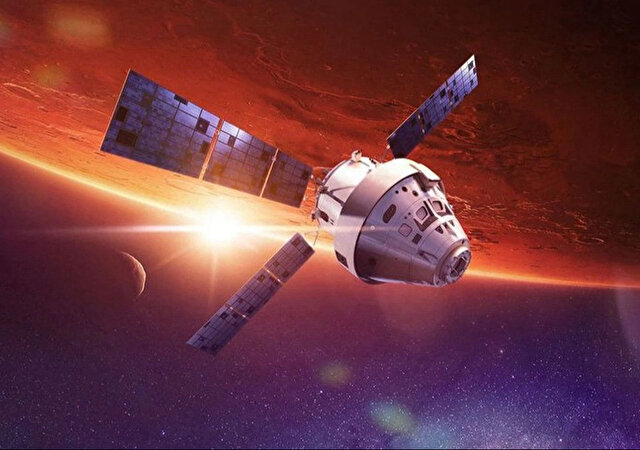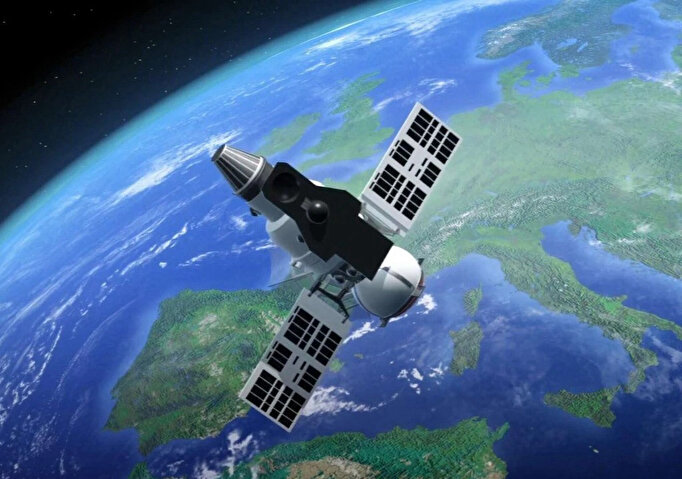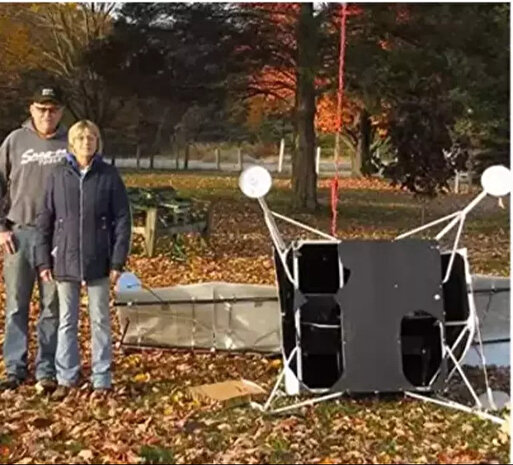The world is waiting with curiosity: It has been determined which country the Soviet satellite will fall in

Scientists predicted that the Venus lander Kosmos-482, which has been stranded in Earth orbit since 1972, would make an uncontrolled re-entry between May 8 and 13.
But the European Space Agency's latest estimate on Friday put the lander back on track for a re-entry on Sunday at 8:12 a.m. UK time. While the exact landing site is unknown, the potential impact zone would cover a large swath of the globe between latitudes 52° north and 52° south, including southern England and parts of Wales.

The probe's robust construction, designed to survive Venus's harsh atmosphere, means some parts, particularly the titanium lander capsule, could reach the surface intact.
Space agencies are closely monitoring the landing, but most estimates suggest it will most likely fall into the ocean.
“On May 10, the Kosmos-482 lander, a Soviet Venera capsule launched 53 years ago, will make an uncontrolled re-entry. It was supposed to land on Venus, but its launcher could not escape Earth’s gravity. Now, the lander will touch down somewhere between 52 degrees north and south of the equator. As the re-entry gets closer, the forecast will become more precise in the updates.”

The Kosmos-482 Lander has a titanium shell designed to withstand the extreme accelerations, heat and pressure of re-entry to Venus.
Weighing around 500 kilograms and measuring 1 metre in diameter, the vehicle can reach the ground almost intact.

Although it is very unlikely that space debris orbiting the Earth will fall on human settlements, there have been a few recent examples of this possibility. Last year, rocket parts fell on a village in Kenya, and no casualties were recorded. In another incident in February in Poland, parts of a Falcon 9 rocket belonging to Elon Musk's SpaceX company fell in different parts of the country. As a result of the examinations conducted by the Polish Space Agency (Polsa) and security units, it was confirmed that the debris belonged to a Falcon 9 rocket belonging to SpaceX, and it was determined that the rocket, which was planned to make a controlled landing in the Pacific Ocean after completing its mission, broke up and fell in different areas after losing control due to engine failure.
It was previously recorded that a piece the size of a smartphone thrown from the International Space Station (ISS) fell onto the roof of a house in the US state of Florida without breaking apart after entering the Earth's atmosphere. In 2019, a Samsung satellite fell into the backyard of a house in the US state of Michigan.
yenisafak






